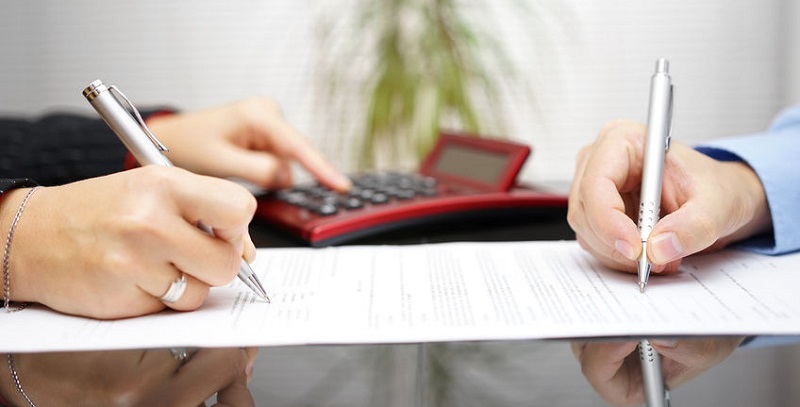What transpires between settling a personal injury lawsuit and actually collecting? Here’s your guide to understanding final paperwork and releases following the settlement of a Colorado personal injury case.
What Happens When Your Colorado Personal Injury Case Settles
Great news — your personal injury case just settled. So you’ll be able to collect your settlement proceeds immediately, right?
Not so fast.
Before you’ll get your check, several things need to happen. These typically include:
Putting Things in Order
Once a Colorado personal injury lawsuit is settled, this information is provided to the court in which the matter was filed. The court will then issue an order of settlement, which typically requires all the parties to complete all settlement paperwork within 30 or 60 days, depending on the jurisdiction.
The Full and Final Release
One of the first things you will likely be asked to do after your case settles is to sign a full and final release from the liability insurance carrier to set forth the settlement terms and officially settle your claim. This release typically contains language stating that you are giving up your right to bring a lawsuit against the person or persons responsible for your injuries from this specific occurrence.
In exchange for your signature, the insurance company will release the agreed-upon sum of money jointly to you and your attorney. Your attorney will then place the money in the law firm’s trust account, where it will remain until final disbursement can occur.
Once you’ve signed the release, you’ll need to meet several other obligations as well:
Your Colorado Personal Injury Attorney
No need to write your attorney a check. He will deduct his fees, out-of-pocket expenses, and other costs associated with your claim from the settlement check. The contingent fee will be equal to the percentage you agreed to when you signed the retainer agreement.
Clearing Up Debt With Your Medical Providers
Before you get your check, your attorney will usually pay all your outstanding, accident-related medical bills, as well as reimburse the subrogation of any insurance company that paid medical expenses on your behalf. If your settlement isn’t sufficient to cover all your medical bills, or if your providers assessed interest to your account or turned your unpaid medical bills over to a collection agency, your attorney will probably attempt to negotiate a discount for you.
When Medicare and Medicaid Are Involved
If Medicaid or Medicare paid your accident-related medical expenses, the government has procedures that you must follow upon settlement. Under Medicaid, your state is required to be paid from the proceeds of the case and will impose a lien on your personal injury settlement, but Medicaid liens apply only to Medicaid payments related to your injury.
If Medicare paid your medical bills, your attorney will notify the Medicare Contractor of Benefits (COB) that the case has settled. The contractor will then send your lawyer a statement of all the accident-medical bills that Medicare paid.
After you review the statement with your personal injury attorney, if you agree with it, your lawyer will send the contractor a check for the settlement amount. If you think the statement contains unrelated medical expenses, your attorney will notify the contractor and potentially appeal the determination. Because this process can stretch out over a long period of time, your attorney may elect to keep a certain amount of money in trust to cover your Medicare lien and disburse whatever is left to you at a later date.
Check on the Way?
After all the above procedures are completed, you can usually expect to receive your settlement check within 14 to 28 days. But each case is different, so the patience you exhibited while your case was pending will likely come in handy upon settlement as well.

